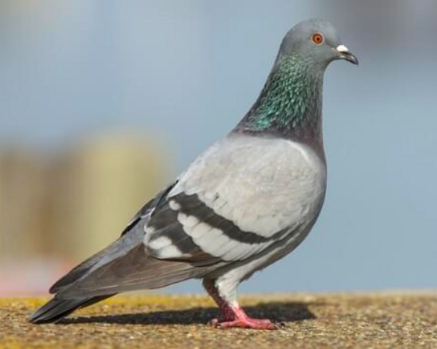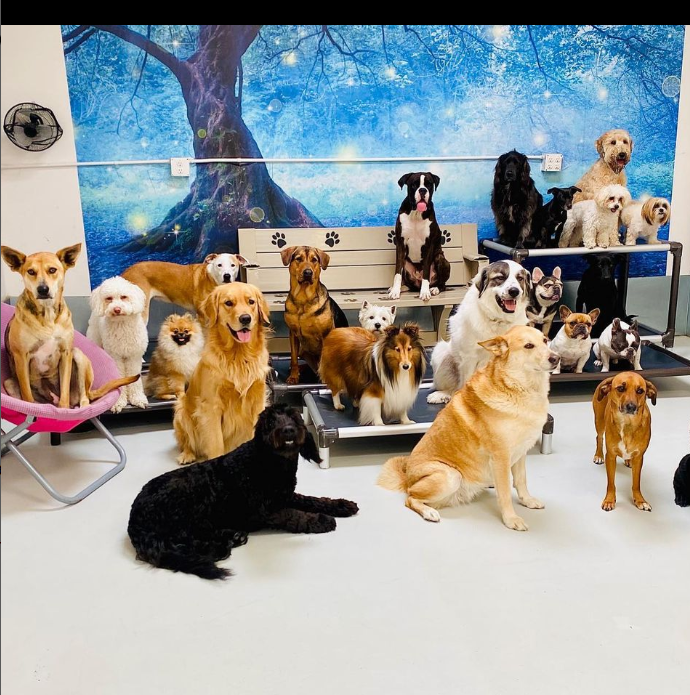
Fluffy Dogs: The Ultimate Guide
Fluffy dogs are some of the world’s most popular and beloved pets. Their soft, cuddly fur and adorable faces make them irresistible to many people. But there’s more to fluffy dogs than just their good looks. They come in a wide variety of breeds, each with its unique personality and needs.
If you’re thinking about getting a fluffy dog, there are a few things you need to know before you make a decision. In this comprehensive guide, we’ll cover everything you need to know about fluffy dogs, from choosing the right breed to caring for their fur and health.
Choosing a fluffy dog breed
The first step in getting a fluffy dog is to choose the right breed for you and your lifestyle. There are many soft dog breeds, each with a unique personality and needs. Some of the most popular fluffy dog breeds include:
- Samoyed: Samoyeds are large, white dogs with thick, double coats. They are known for being friendly, intelligent, and energetic.
- Pomeranian: Pomeranians are small, fluffy dogs with Spitz-type coats. They are known for being playful, affectionate, and loyal.
- Bichon Frise: Bichon Frises are small, white dogs with soft, curly coats. They are known for being gentle, loving, and easy to train.
- Old English Sheepdog: Old English Sheepdogs are large, shaggy dogs with dense, double coats. They are known for being sweet-tempered, playful, and intelligent.
- Poodle: Poodles come in three sizes: standard, miniature, and toy. They have curly, hypoallergenic coats that can be groomed in various styles. Poodles are known for being intelligent, trainable, and athletic.
When choosing a fluffy dog breed, it is essential to consider your lifestyle and needs. For example, if you have small children, choose a smaller breed known for being gentle. If you have an active lifestyle, select an energetic species that enjoys exercise.
Caring for a fluffy dog
In addition to grooming, fluffy dogs also need regular exercise and a healthy diet. Most fluffy dog breeds need at least 30 minutes of exercise per day. You can provide your dog with training by taking them for walks or playing fetch in the park. It would help to feed your dog a high-quality diet appropriate for their age and activity level.
Health concerns for fluffy dogs
Fluffy dogs are generally healthy dogs, but they are prone to certain health conditions, such as:
- Hip dysplasia: Hip dysplasia is common in large dogs, affecting hip joints.
- Elbow dysplasia: Elbow dysplasia is another common condition in large dogs that affects the elbow joints.
- Patellar luxation: Patellar luxation is a condition where the kneecap dislocates from its normal position.
- Eye problems: Fluffy dogs are prone to various eye problems, such as cataracts, glaucoma, and progressive retinal atrophy.
- Skin allergies: Fluffy dogs are also prone to skin allergies.
Talk to your veterinarian if you are concerned about any of these health conditions. They can screen your dog for these conditions and recommend preventive measures.
Conclusion
Fluffy dogs are wonderful companions that can bring much joy into your life. However, it is essential to research before you get a fluffy dog to ensure you are choosing the right breed for you and your lifestyle. Your fluffy dog can be a beloved family member with proper care and attention for many years.
Additional tips for caring for a fluffy dog
- Brush your dog’s teeth regularly. Fluffy dogs are prone to dental problems, so brushing their teeth at least three times a week is crucial.
- Trim your dog’s nails regularly. Long nails can be painful for your dog and lead to other health problems.
- Take your dog to the veterinarian for regular checkups. This will help ensure your dog is healthy and up-to-date on their vaccinations.
- Provide your dog with a safe and loving home. Fluffy dogs need a lot of love and attention. Be sure to spend time playing with your dog and cuddling with them.
Common questions about fluffy dogs
Q: What is the fluffiest dog breed?



